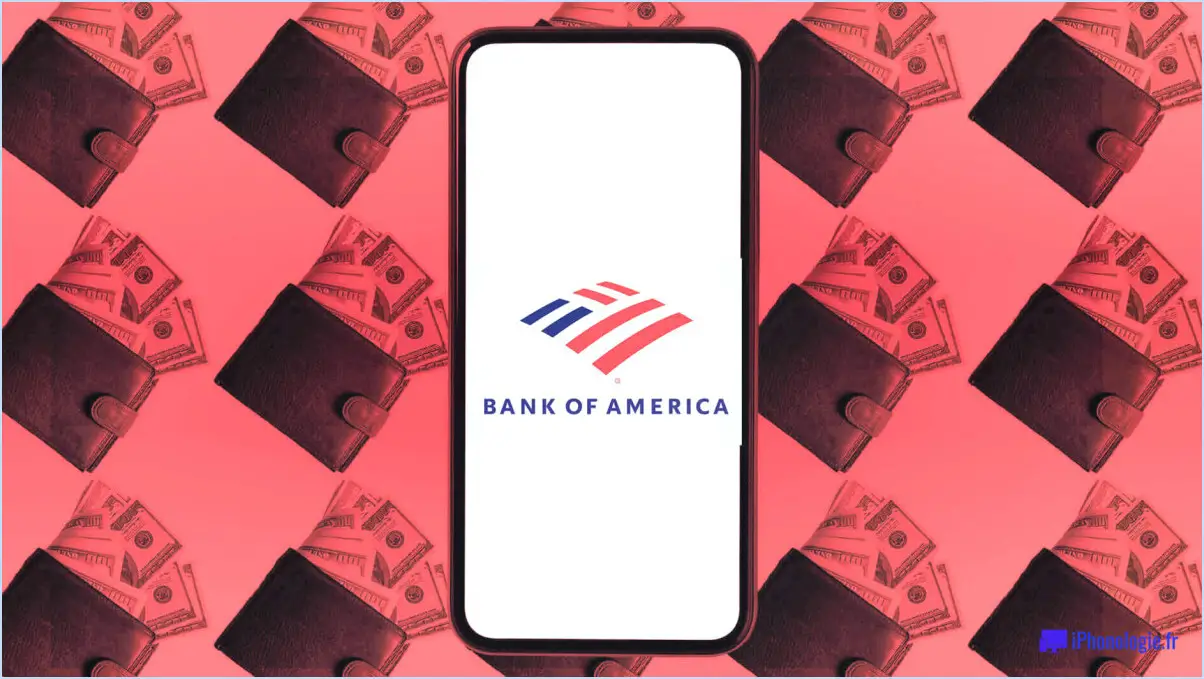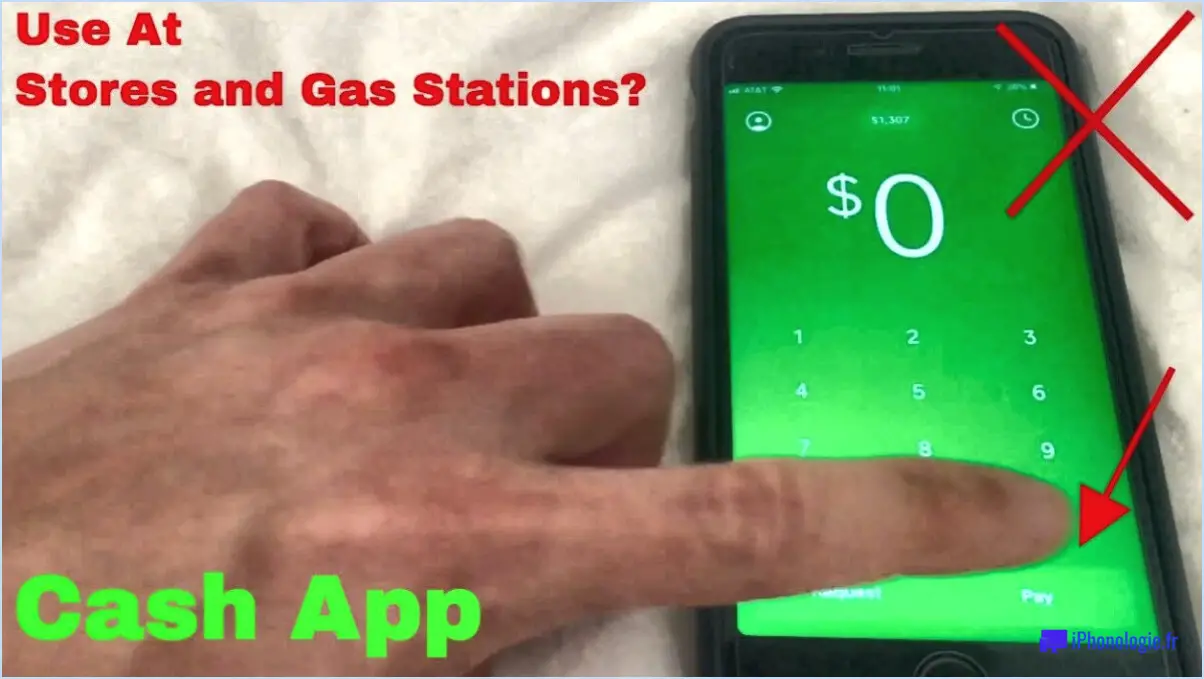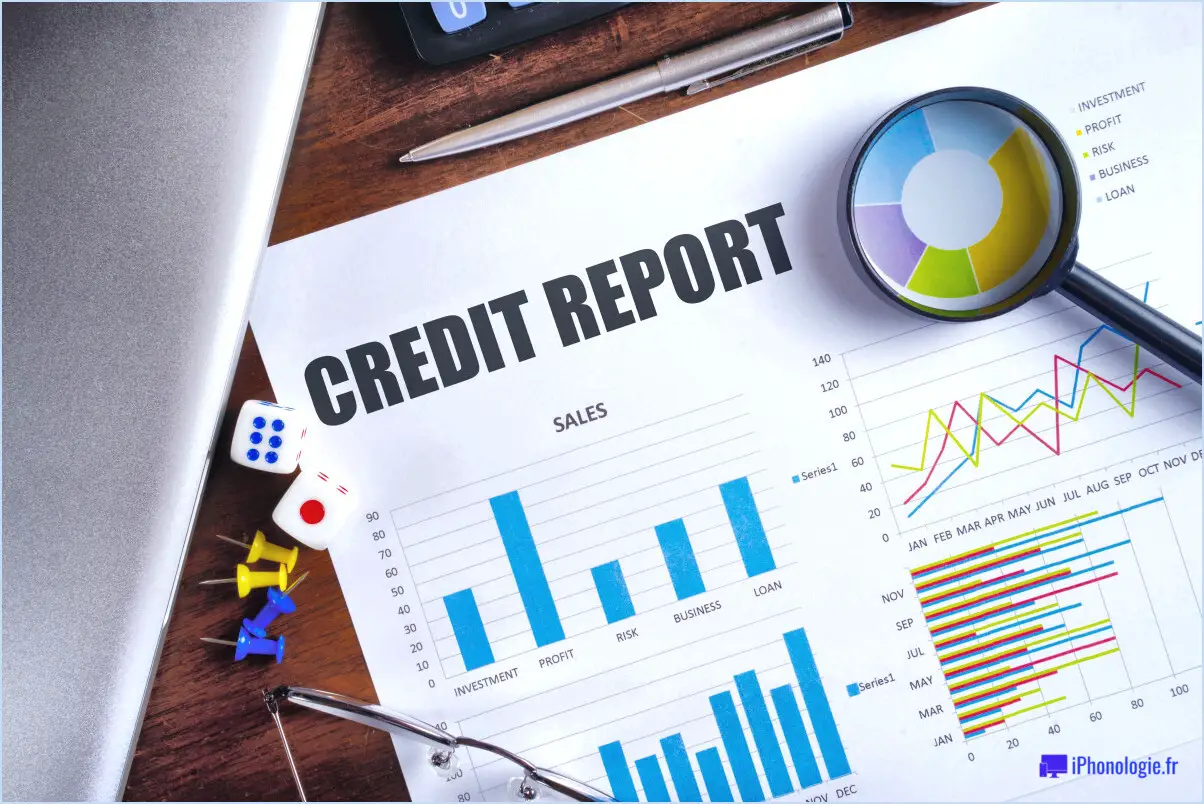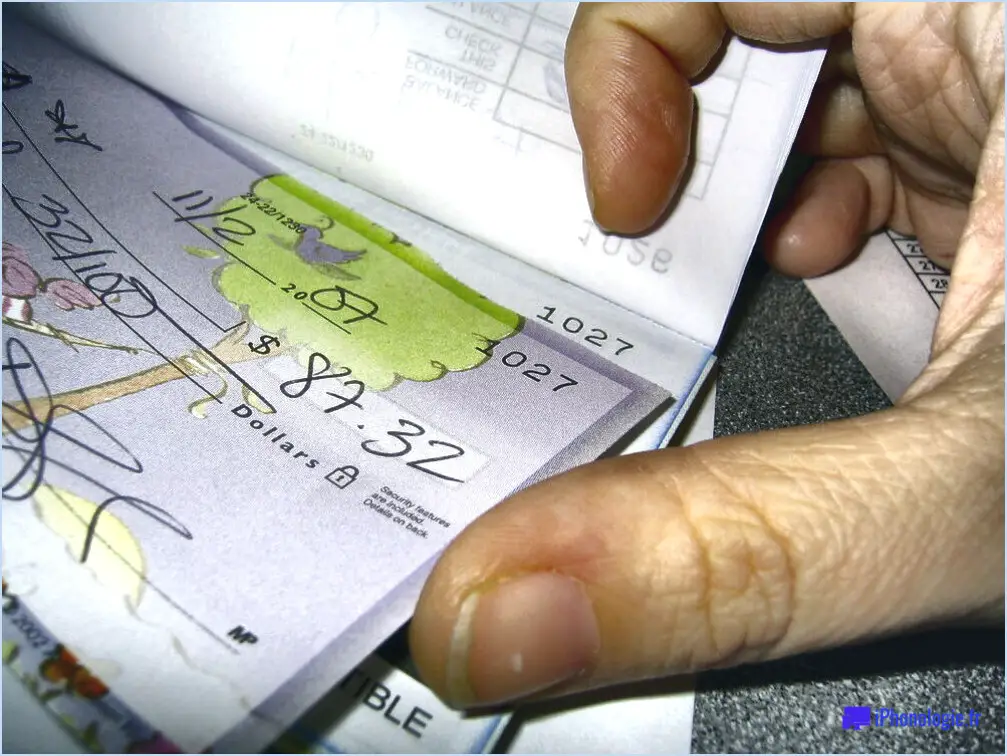Does Bank of America charge to close an account?

Bank of America does not charge to close an account. It's important to note that while there is no fee for account closure, the process itself can be very difficult for most people. However, it is worth highlighting that if someone sends in a physical check that remains unredeemed, there is a $3 charge, though such occurrences are quite rare.
To ensure a smooth account closure with Bank of America, the recommended method is to visit a branch in person. You should bring along your identification for verification purposes. Once at the branch, you'll need to sign over a power of attorney. This step is crucial as it authorizes the bank to proceed with the closure request.
The process of closing an account might involve a few additional steps, such as settling any outstanding balances and ensuring that all pending transactions are accounted for. It's essential to review your account thoroughly to avoid any discrepancies.
Should you have any joint account holders, they may also need to be present during the closure process. This is to ensure that all parties involved are in agreement with the account closure.
If you prefer not to visit a physical branch, you can also explore other options, such as contacting Bank of America's customer service. They will be able to guide you through the necessary steps and provide the information required to finalize the account closure.
In conclusion, Bank of America does not charge any fees for account closure. However, the process can be somewhat complex, emphasizing the importance of visiting a branch in person with proper identification to authorize the closure. By following the bank's guidelines and settling any outstanding transactions, you can successfully close your Bank of America account without incurring any charges.
Do banks care if you close your account?
No, banks do not care if you close your account. They are happy to have you as a customer for as long as you want to be one.
What is Bank of America overdraft fee?
The Bank of America overdraft fee is $35. If a customer's checking account balance goes below zero, and there are insufficient funds to cover a transaction, the bank may charge this fee. It's essential for account holders to be mindful of their balance to avoid incurring this charge. Overdraft fees can accumulate if multiple transactions are attempted while the account remains overdrawn, leading to additional financial strain. To prevent overdraft fees, consider opting for overdraft protection services or maintaining a buffer of funds in your account to cover unexpected expenses.
What happens when you close a bank account?
When you close a bank account, the bank will refund any remaining funds to you. They will also cancel any outstanding checks or direct deposits linked to the account. However, it's essential to be aware that you may incur a closing fee for this action.
How do you close a bank account without going to the bank?
To close a bank account without going to the bank, follow these steps on the bank's website:
- Log in: Access your account using your account number and password.
- Navigate: Find the "Account Services" or "Close Account" section.
- Select Account: Choose the specific account you wish to close.
- Confirm: Verify your decision to close the account.
- Provide Details: Input any required information, such as a reason for closure.
- Review and Submit: Double-check the details and submit your request.
- Confirmation: The bank will typically send a confirmation of the account closure.
Remember, it's crucial to ensure all outstanding transactions are cleared before proceeding.
Does Boa charge monthly fees?
No, Boa does not charge monthly fees. However, they do have a one-time fee of $5 when opening an account.
Which bank charges less fees?
Among several options, Charles Schwab Bank, USAA Checking Account, and Ally Bank stand out for their lower fees on checking accounts.
What is considered a large withdrawal?
A large withdrawal can vary depending on the bank and account type. It is typically determined by several factors, such as the number of transactions in the account and withdrawal limits set by the bank. Generally, withdrawals beyond a certain threshold, like $5,000 or more, may be considered large. Keep in mind that different banks may have varying definitions of what constitutes a large withdrawal, so it's best to check with your specific bank for their guidelines.




